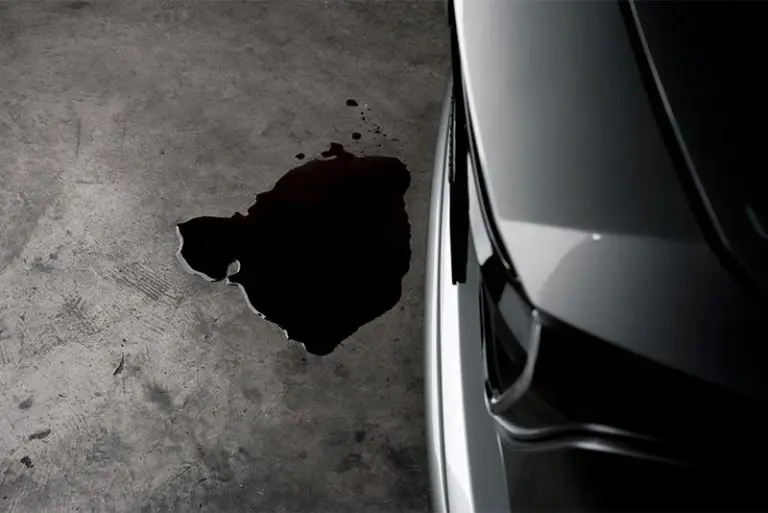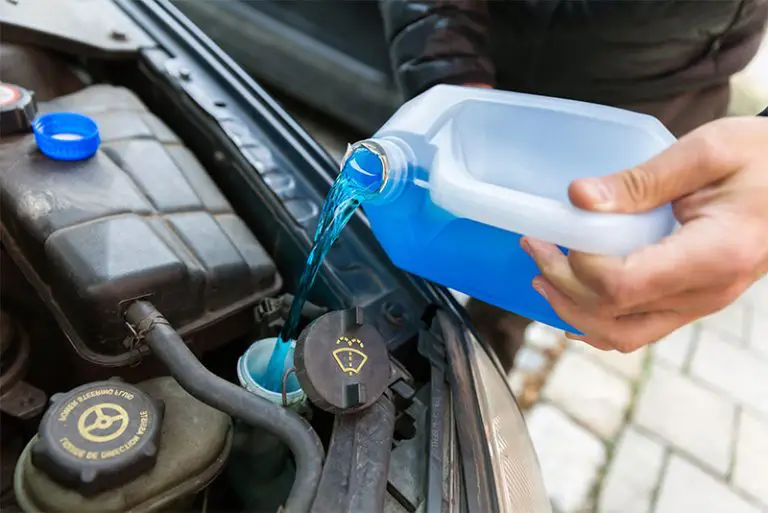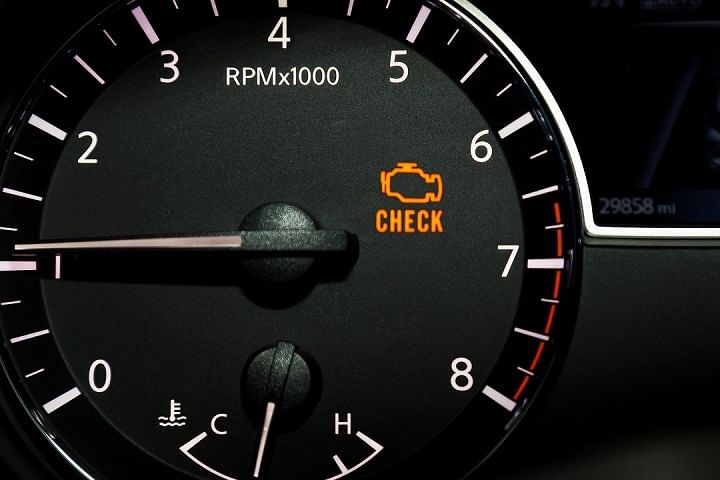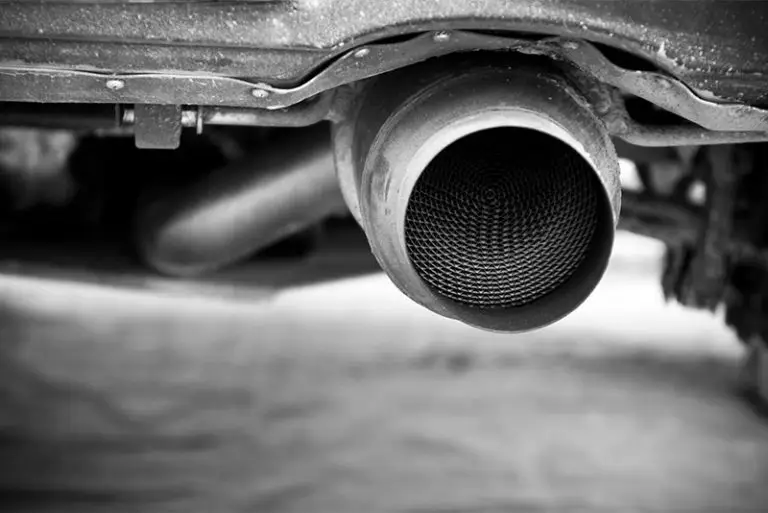Main Content
Car News & Reviews
Car Parts
- 8 Top Causes Of Grinding Brakes
- Wagner Brake Pads Review
- The Best Catalytic Converter Cleaner for Your Car (Product Reviews)
- Strut Replacement Cost and Mechanical Guide
- What Is a Tire Pressure Sensor Fault and How Do You Fix It?
- Muffler Repair Cost | 2021 Updated Guide
- How to Fix A Catalytic Converter Without Replacing
- Battery Reconditioning – A Complete Guide with Step by Step Instructions
- Xenon Headlights – 2021 Complete Guide
- Best Brake Pads for Nissan Altima
- Best Quick Struts
- Best Brake Pads for Toyota Tundra
- Best Brake Pads for Toyota Tacoma
- Best Remanufactured Brake Calipers Reviewed
- FCS Struts Review 2021
- Centric Brakes Review 2021
- Spyder Headlights Review 2021
- Sensen Shocks Review 2021
- Duralast Brake Pads Review 2021
- OREDY Struts Review
- Best Spark Plug Wires in 2021 Reviewed
- Power Stop Z23 Evolution Brake Kit Review 2021
- Optima Battery Comprehensive Review 2021
- Comprehensive KYB Shocks Review 2021
- True Rancho RS5000 Review in 2021
- True Power Stop Brakes Review in 2021
- Raceland Coilovers Review
- Fass Vs Airdog: Which One Is Better?
- Falken Wildpeak AT3w vs BFG KO2 Tire Comparison Review
- Nakamoto Brakes Review
- Mevotech vs Moog – Which Brand Is Better?
- Bilstein 4600 vs 5100 Comparison Review
- 5 Best Replacement Shocks for Chevy Silverado Reviewed
- Best Brake Rotors For F250 Super Duty in 2020 Reviewed
- E3 Spark Plugs vs NGK Thorough Comparison
- Michelin Defender VS Premier Detailed Comparison
- Denso VS NGK Spark Plug Comparison
- Best Maintenance-Free Car Batteries
- Best Shocks for Ford F150 4×4 in 2021 Reviewed
- Best Mufflers in 2021 Reviewed
- Best Car Horns in 2021 Reviewed
- Best Brake Pads for Ford F150 4×4 Reviewed in 2020
- Best Leveling Kit for Silverado Reviewed in 2020
Exterior Accessories
- The Best Roll on Bedliner For Your Truck in 2021
- The Best Window Tint – Comprehensive Buyer’s Guide
- How to Remove Window Tint Quickly and Easily
- Best Foam Cannon in 2021 | Buyer’s Guide and Reviews
- Windshield Scratch Repair | DIY Guide
- BAKFlip MX4 review 2021
- Produxa Reviews 2021
- Thorough HydroSilex Review 2021
- Try Light Bar Reviews in 2021
- Best Weight Distribution Hitch with Sway Control 2021
- Harbor Freight Winch Review
- Gooseneck vs Fifth Wheel Comparison Review
- Chemical Guys vs. Adam’s: A Detailed Comparison
- Chains vs Cables: A Thorough Comparison
- Thule vs Yakima Cargo Box Honest Comparison
- Top Coat F11 vs Chemical Guys Honest Comparison
- Yakima vs Thule Real Comparison
- Best Car Scratch Removers in 2021 Reviewed
- Best Trailer Hitch Locks in 2021 Reviewed
- Best Tonneau Covers in 2021 Reviewed
- Best ATV Winches in 2021 Reviewed
- Best Dodge Ram Upgrades Reviewed in 2020
Interior Accessories
- Car Headliner Repair – Easy to Follow Guide
- The Best RV Toilet Paper in 2021 – A Comprehensive Guide
- Best Seat Covers For Dog Hair in 2021 Reviewed
- Best Car Seat Protector for Leather in 2021 Reviewed
- Best Seat Covers for Trucks in 2021 Reviewed
- Best Car Seat Cushion for Long Drives in 2021 Reviewed
- Purple Seat Cushion Review
- Weathertech vs Husky Floor Mats Review
- Weathertech Alternative Floor Mats & Liners
- Infant Car Seat vs Convertible Car Seat True Comparison
- Best Seat Covers For Tacoma in 2021 Reviewed
- Best 4runner Seat Covers Reviewed in 2020
Oils & Fluids
- The Best Oil Stop Leak – 2021 Buyer’s Guide
- Absolutely Everything You Need to Know About Engine Coolant
- How Long Does An Oil Change Take?
- High Oil Pressure | Common Causes and What to Do
- Can You Use Transmission Fluid For Power Steering Fluid? (Are They The Same Thing?)
- 5w30 vs 10w30 – Is There Any Real Difference?
- Super Tech Synthetic Oil vs Mobil 1 Real Comparison
- Royal Purple vs Mobil 1 Oil Comparison
- TriboTEX Review – Efficiency, Power, Sustainability
- Amsoil vs Royal Purple: A Comparison Review
- Valvoline vs Castrol: A Thorough Comparison
- Valvoline vs Mobil 1 Detailed Comparison
- Pennzoil Platinum vs Mobil 1 Detailed Comparison
- Best Power Steering Stop Leak Reviewed in 2021
- 5 Best Motor Oils for BMW Reviewed in 2020
Tools
- Review of the Best Mechanics Creeper in 2020
- The Best Digital Torque Wrench in 2021 – Complete Guide
- Top 10 Car Diagnostic Gadgets
- Milwaukee 2767 vs 2763 Impact Wrench Review
- Husky Tools vs Craftsman Tool Set Comparison Review
- Bottle Jack vs Floor Jack
- Air Hawk Pro vs Air Dragon Real Honest Comparison
- Best Garage Floor Epoxy Reviewed in 2021
- Best Engine Hoist Reviewed in 2021
Electronics
- Buyer’s Guide to the Best Under Seat Subwoofer in 2021
- Review of the 6 Best Rear View Mirror Camera Systems
- Best CB Antennas in 2021 Reviewed
- Best Diesel Tuner for 6.7 Cummins
- BlueDriver vs FIXD A Thorough Comparison
- Best Programmers for 5.3 Silverado in 2021 Reviewed
- Best Car Amplifiers in 2021 Reviewed
- Best Amp Wiring Kits Reviewed in 2021
- Best Car Subwoofers Reviewed in 2021
News
- 10 Facts About 18-Wheelers Truck
- 2020 Chevrolet Corvette Features Mid-Engine for Next Generation
- Driverless Cars Are Now Being Tested on Roads, Regardless of Australia’s Readiness.
- Who Makes Self-Driving Cars?
- 2019 Chevrolet Silverado HD Features Minor Updates
- 2019 Ford Super Duty Arrives With Style
- 2019 Toyota C-HR News, Reviews, and Recalls
- 2019 Ford F-150 Raptor Makes a Comeback
- Real Review of the 2019 Jeep Grand Cherokee








